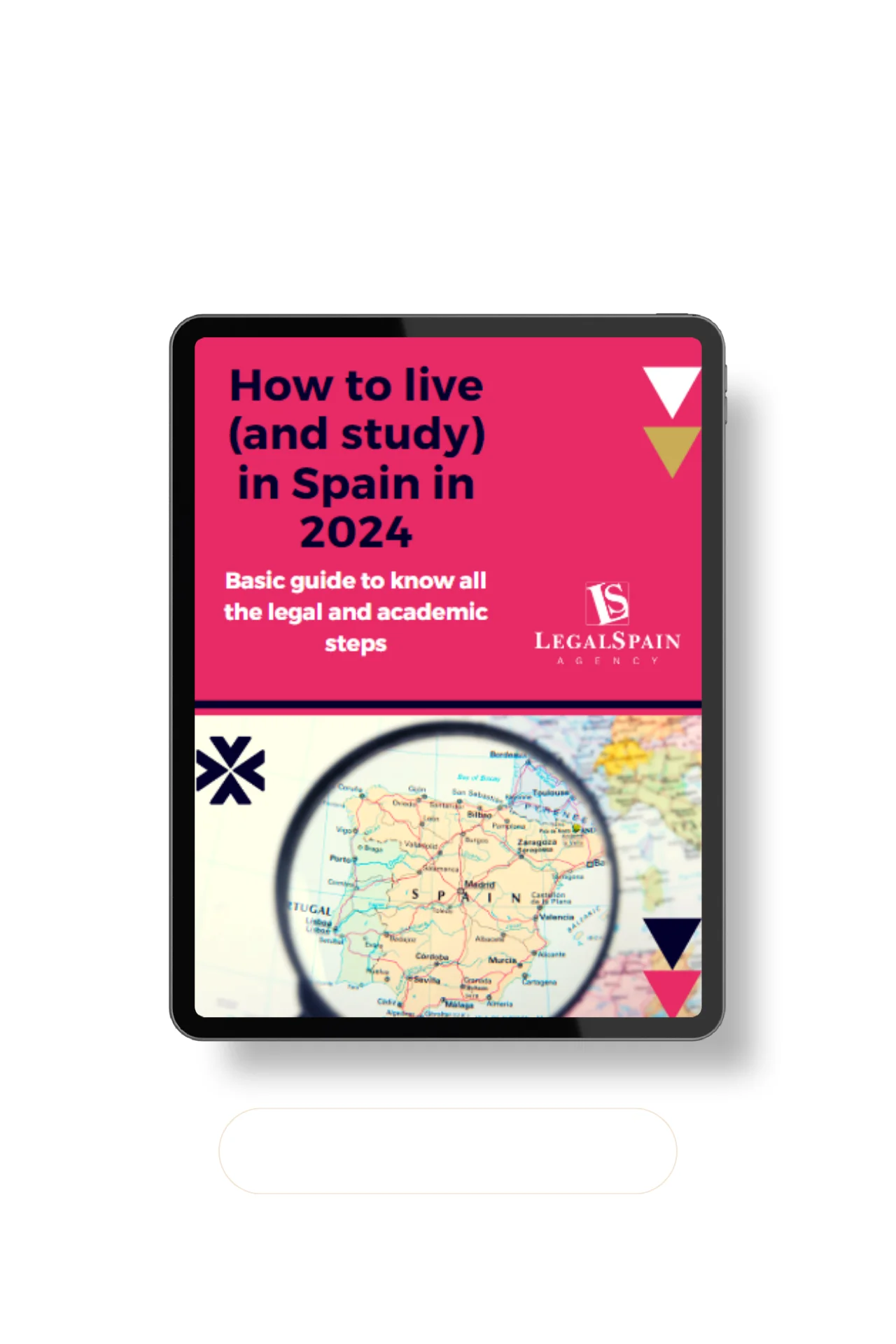Vocational Training (FP) is a training system in Spain that focuses on preparing students for their insertion into the labor market. This system includes different studies or apprenticeships aimed at job placement, and is equally valid as university education. In this post we will analyze in detail what Vocational Training is.
What is Vocational Training?
Vocational Training (FP) is an education system in Spain that focuses on preparing students for their insertion into the labor market.
In Spain, Vocational Training is made up of basic, intermediate and higher training cycles, as well as specialization courses. These have a modular organization and a variable duration that integrate theoretical and practical contents appropriate to the different professional fields.
Vocational training is characterized by its practical aspect and closeness to companies. This closeness is reflected in the way students are prepared for a professional activity oriented to the demands of the labor market.
Professional Training Levels
In Spain, there are three levels of Vocational Training: Basic FP, Intermediate FP and Higher FP.
Basic FP
It is a two-year training cycle for people who have not completed Compulsory Secondary Education (ESO) and wish to direct their studies towards Vocational Training. To access these studies, it is required to be 15 years old or turn 15 during the course and have completed at least the third grade of ESO.
Intermediate FP
It is a technical-practical degree, with a duration of 1,200 to 2,000 hours. Upon completion, the title of Technician is obtained in the corresponding degree. This level of Vocational Training allows access to other Intermediate Level cycles, Higher Level cycles and Baccalaureate. The requirements to access these studies include having completed Compulsory Secondary Education or a higher academic level, having completed Basic Vocational Training, being in possession of a Technical or Assistant Technical degree or equivalent for academic purposes.
Higher FP
It is another technical-practical degree, which lasts from 1,200 to 2,000 hours. Upon completion, the title of Higher Technician in the chosen degree is obtained. The requirements to access these studies include: having completed a Baccalaureate or an Intermediate FP, having passed the BUP or the COU, being in possession of a Higher Technician, Specialist Technician, or equivalent for academic purposes. Likewise: being in possession of any University Degree or equivalent and having passed the entrance test to Higher Level Training Cycles would also allow access to Higher Level FP.
Advantages of studying a FP
Vocational Training has several advantages over other forms of education. Some of them are:
1. The duration of studies is shorter compared to university education.
2. Tuition fees are more affordable for students.
3. In general, it is easier to enter the labor market.
4. Internships can be carried out abroad.
5. There is the possibility of validating the titles in Europe.
Conclusion
In summary, Vocational Training in Spain is an educational system whose main objective is to prepare students for their insertion in the labor market, providing the knowledge and skills necessary to carry out a specific profession. This training is made up of three levels: Basic FP, Intermediate FP and Higher FP. Each level has its specific requirements and characteristics, but all are characterized by their practical approach and closeness to companies. These levels provide theoretical-practical training and offer a wide variety of options to adapt to the needs of the labor market.





